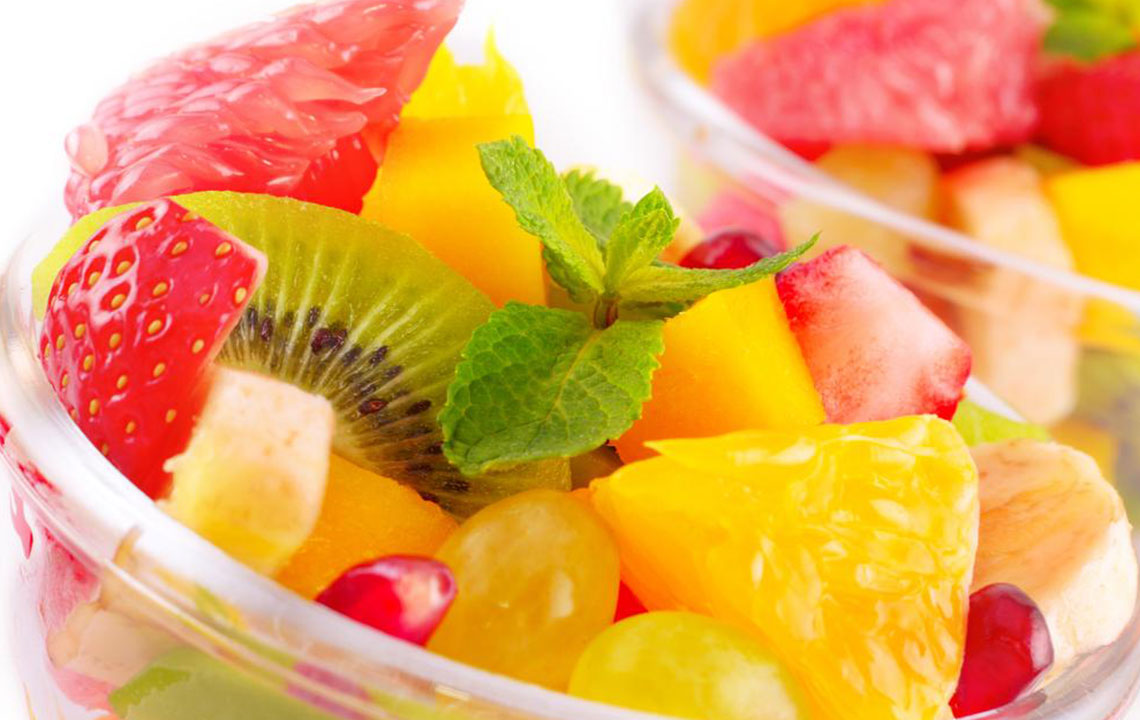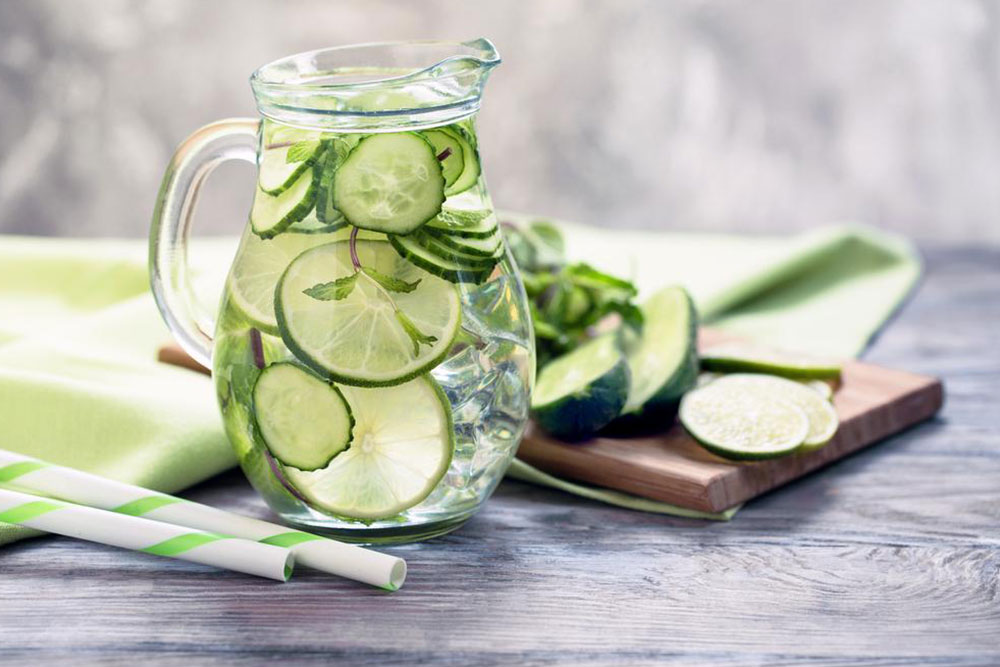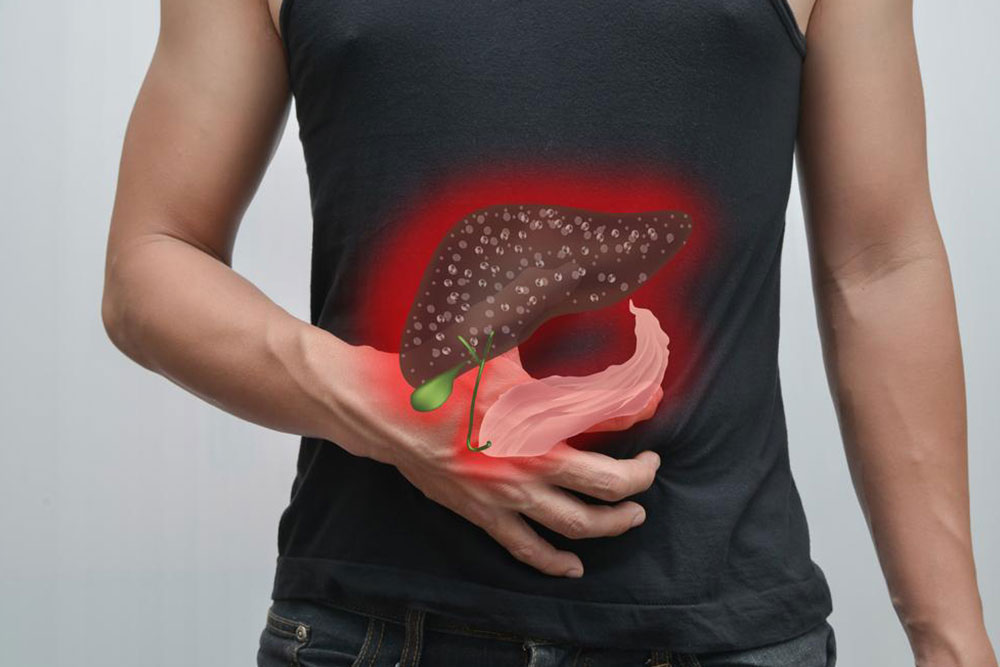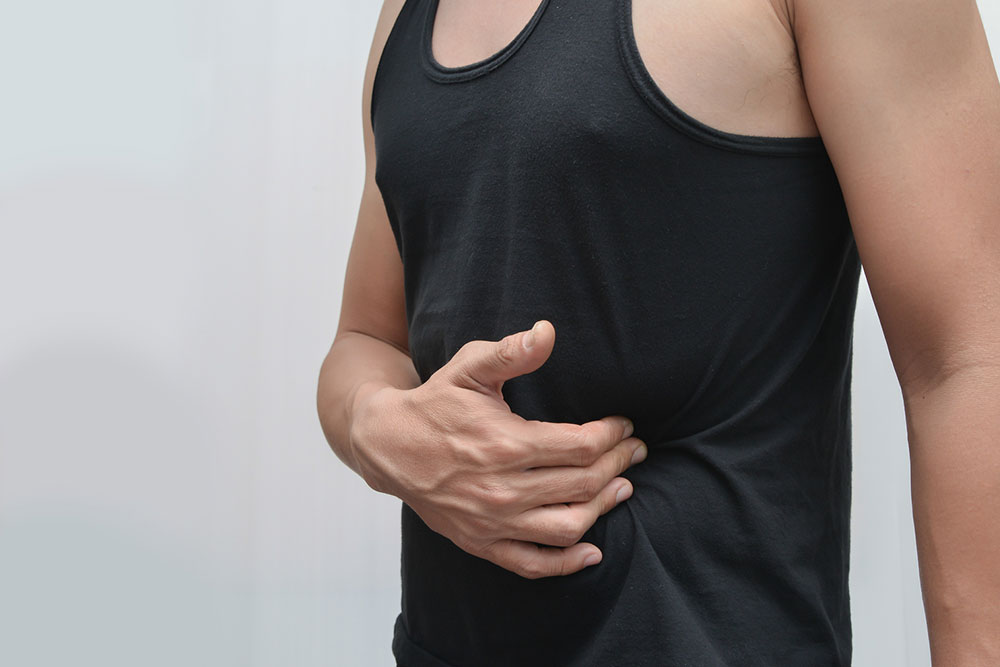Essential Dietary Guidelines for Preventing Gallbladder Issues
Learn effective dietary strategies to prevent and manage gallbladder issues. This guide emphasizes a balanced diet rich in fiber, healthy fats, and low saturated fats, along with lifestyle tips to maintain healthy digestion and avoid gallstone formation. Including vegetables, omega-3 foods, and magnesium-rich items supports gallbladder health, especially for those recovering from surgery. Avoiding processed, fatty, and sugary foods plays a critical role in preventing complications and promoting overall well-being.
Sponsored

The gallbladder is a small, pear-shaped organ situated near the liver. Its primary role is to store and concentrate bile produced by the liver, releasing it into the intestines to aid fat digestion. Proper digestion relies on this process, but factors like high cholesterol, saturated fats, excess alcohol, obesity, and certain health conditions can lead to gallbladder stones.
Symptoms of gallstones include nausea, bloating, indigestion, back pain, and gas. When stones cannot be dissolved medication-wise, surgery to remove the gallbladder becomes necessary. Adjusting your diet is crucial for recovery and prevention.
The Importance of Diet in Gallbladder Health
An unhealthy diet high in saturated fats raises cholesterol and increases gallstone risk. Overweight individuals are more prone to gallstones, but crash dieting can worsen the situation by causing cholesterol crystals to form in the gallbladder. A diet rich in fruits, vegetables, fiber, and adequate hydration helps prevent gallstone formation. Maintaining a balanced, low-fat, moderate-calorie diet supports overall health and prevents recurrence.
Key foods to include are vegetables like tomatoes, beets, cucumbers, sweet potatoes, and greens, as well as omega-3-rich fish, flaxseeds, and hemp seeds. Following a low glycemic index diet, based on complex carbs like legumes and fruits, helps prevent blood sugar spikes and gallstone attacks. Reducing animal protein intake and emphasizing plant-based proteins is beneficial, as plant sources are lower in fat and easier to digest.
Limiting calorie intake prevents weight gain, which significantly increases gallstone risk. It’s recommended to reduce calories gradually to avoid disrupting bile flow. A fiber-rich diet, with fruits, vegetables, whole grains, and legumes, further reduces gallstone risk, but increase fiber intake slowly. Drinking plenty of water prevents constipation and bloating.
Including magnesium-rich foods such as dark leafy greens, nuts, seeds, fish, soy, avocado, yogurt, bananas, and dark chocolate can help lower gallstone formation. For those with gallstones or post-surgery, avoiding dairy, gluten, fried, and processed foods, red and processed meats, spicy dishes, alcohol, caffeine, sugary drinks, and artificial additives supports recovery and reduces symptoms.






